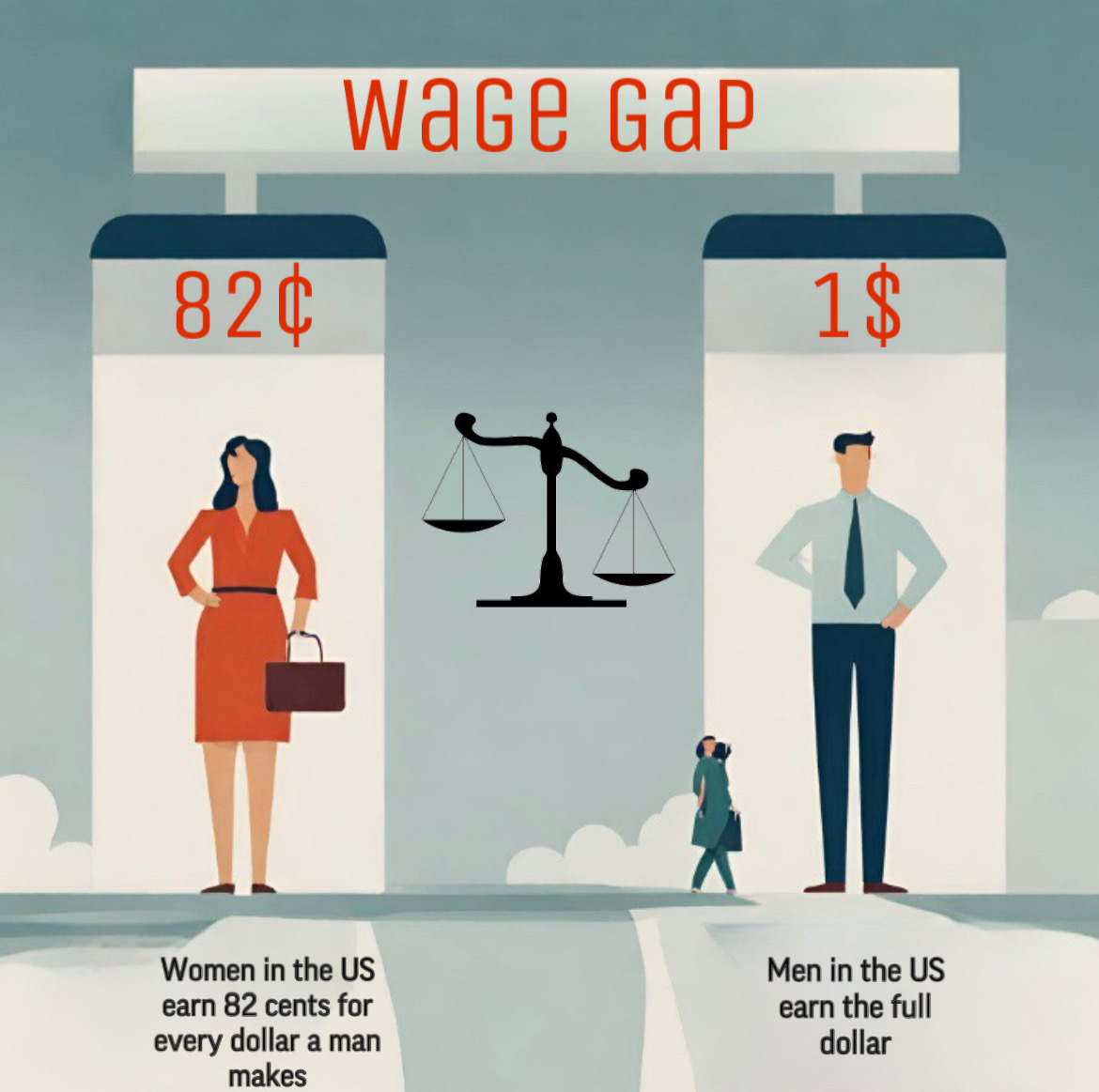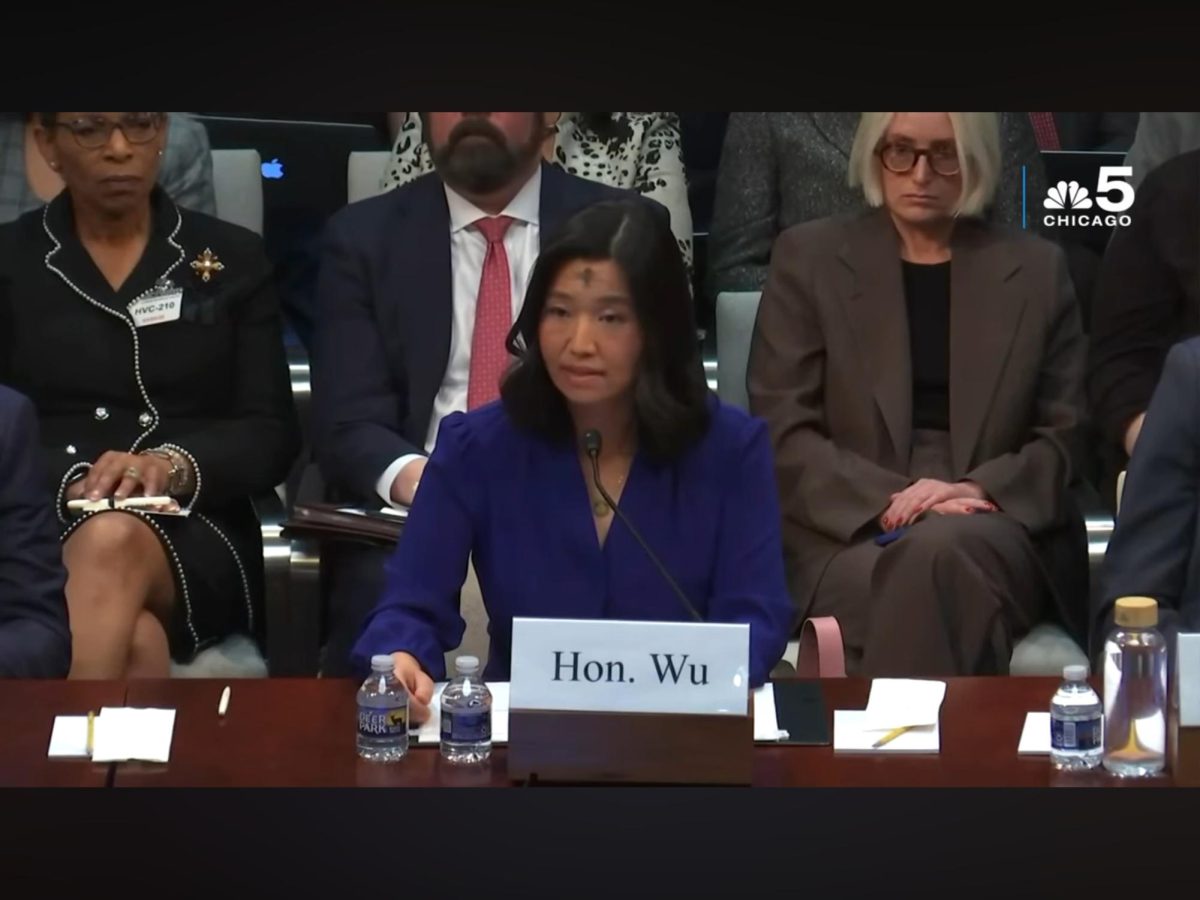In the American progress narrative, regardless of the wars fought and victories won, there is still an unfairness that we continue to have despite our claim of equality: the gender wage gap. Even with many years of activism, legal frameworks, and campaigns, women in America earn only 82 cents for every dollar men earn.
This ongoing gap threatens the values of justice and fairness and delays social unity and economic progress.
The gender wage gap is essentially a reflection of systemic bias that is embedded within our societal structures that uphold the devaluation of women’s labor. It is a reflection of ingrained prejudices and discriminatory policies that force women into lower-paying positions and minimize their contributions in the workplace.
The wage gap’s disproportionate effects on underprivileged people are among its most concerning features. According to Pew Research, women of color, on the other hand, experience even more inequality: Black and Hispanic women earn, respectively, 70% and 65% as much as white men.
The need to address racial and ethnic pay discrepancies, as well as gender inequality, is highlighted by this intersectional dimension.
Some skeptics claim that the wage gap does not exist and offer various explanations for the differences in pay between men and women, including job decisions, levels of education, and number of hours worked.
The majority of these skeptics are white males who excel in the workforce. According to CNBC, 46% of men and 30% of women believe the wage gap has been “made up” and that there isn’t really a gap
These explanations, however, do not justify the fact that the pay gap still exists even after adjusting for these factors. Research continuously demonstrates that a sizable amount of the wage gap is still unaccounted for, pointing to the possibility of institutionalized bias and discrimination.
To close the gender wage gap, a multifaceted strategy involving legislative action, business accountability, cultural changes, and individual empowerment is needed. First and foremost, to ensure that companies are held responsible for paying women equally for equal labor, we must enforce and enhance current laws like the Equal Pay Act and Title VII of the Civil Rights Act.
Policies that support pay must be implemented to address unconscious bias in hiring and promotion procedures. Transparency forbids salary history inquiries and requires diversity and inclusion training.
Closing the gender wage gap is not only an issue of economic fairness but also a basic requirement for creating a more inclusive and equal society. If we value the contributions made by women and ensure they are fairly compensated for their labor, we can utilize our workforce, boost the economy, and build a more equal and bright future for all Americans.
It’s time to abolish the gender pay gap and create a society in which everyone has an equal chance to succeed.








